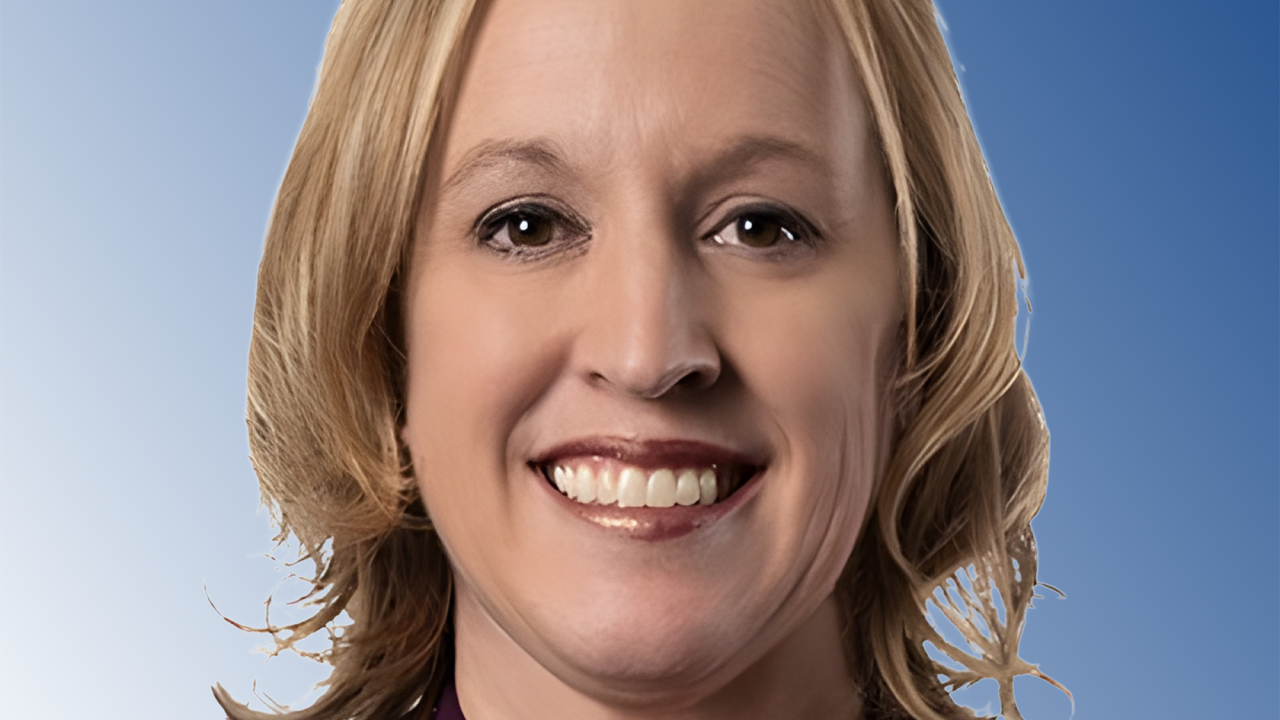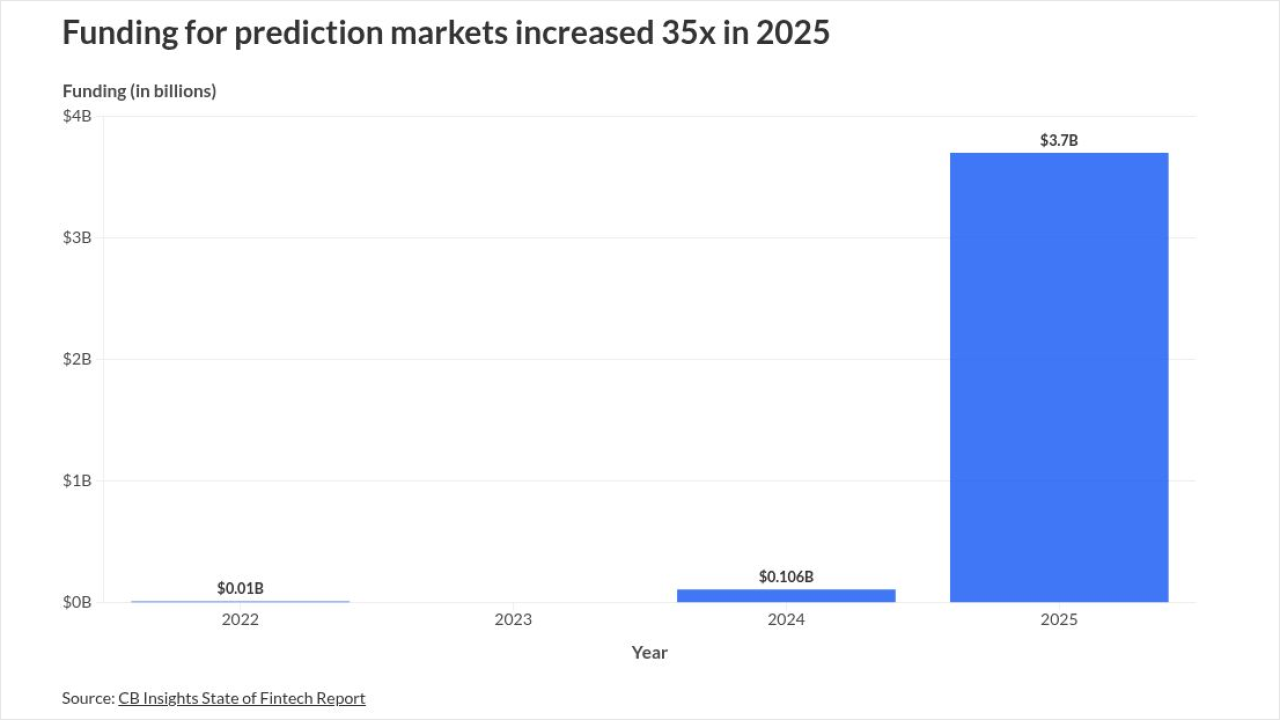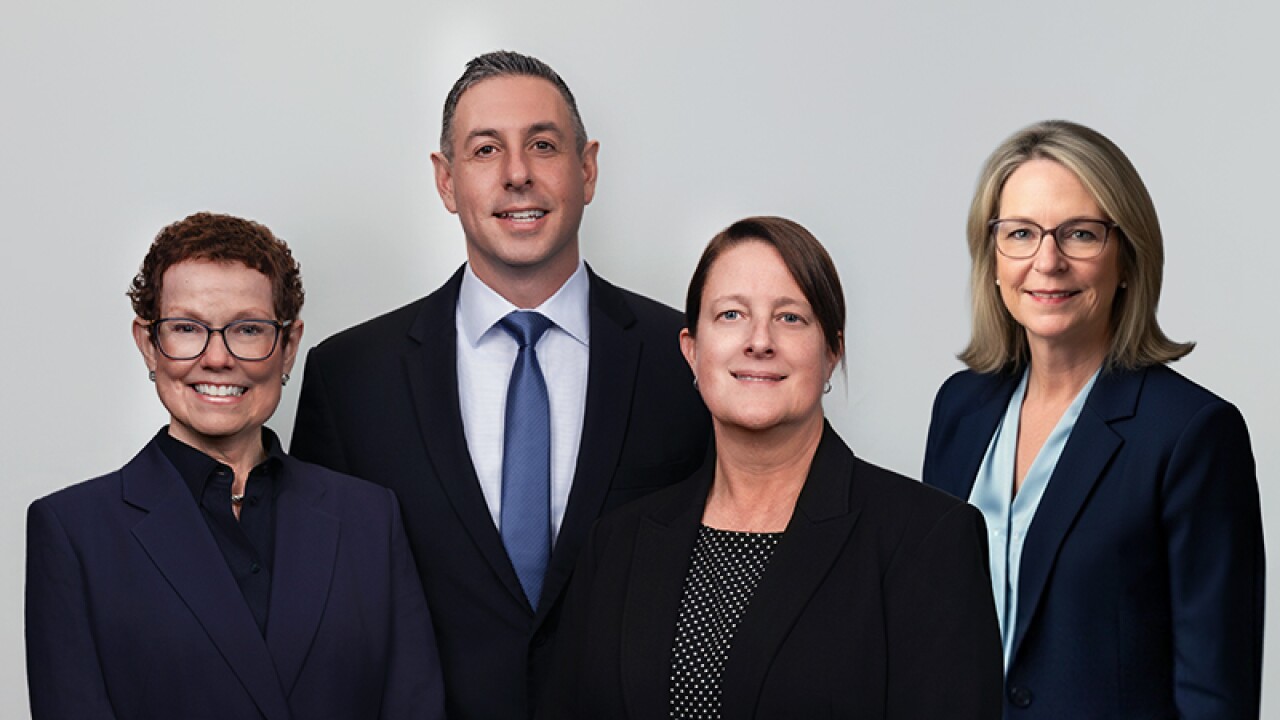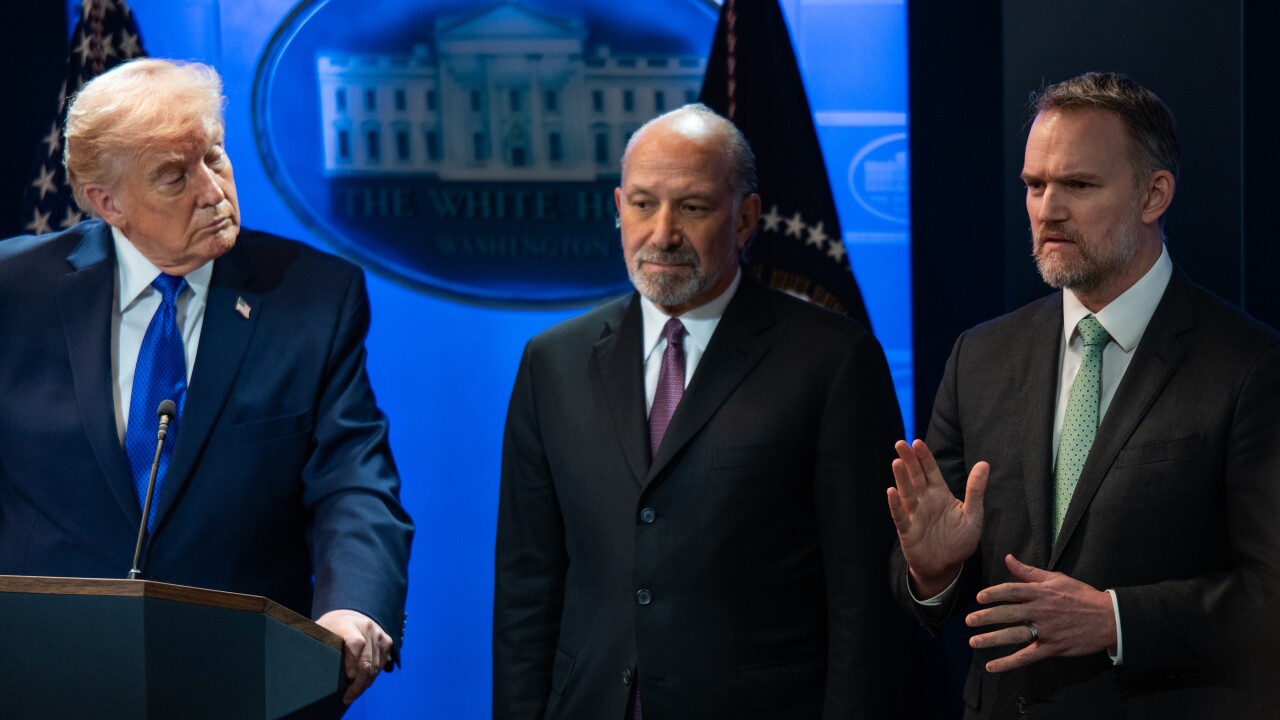Having dodged the U.S. mutual fund industry scandal and a mutual fund share pricing problem of its own back home, AIM Trimark Investments of Toronto has ventured into the U.S. asset management industry for the very first time. AIM Trimark is the $40 billion Canadian investment management subsidiary of Amvescap of London.
This past November AIM Trimark, which currently manages 64 mutual funds, launched a trio of new funds in the U.S., each cloned after a successful Canadian-based Trimark fund. While each fund will continue to be managed by a team of managers based in Toronto, the funds are being distributed in the U.S. by Houston-based AIM Distributors, the sales and distribution unit of AIM Investments.
AIM, which currently distributes both the AIM brand of funds as well as the Invesco Funds Group, is also a wholly owned Amvescap subsidiary.
The AIM Trimark Fund, patterned after the Canadian-sold Trimark Fund, invests in mid- and large-cap global equities. The AIM Trimark Endeavor Fund, a clone of the Trimark Global Endeavor Fund, will invest in mid-cap U.S. equities. And the AIM Trimark Small Companies Fund, constructed to mimic the Trimark U.S. Small Companies Fund, will invest in domestic small-cap stocks.
In addition, two of the three new AIM Trimark funds will be included in three new funds-of-funds that AIM Investments debuted this past April. The funds-of-funds lineup includes a conservative allocation, a moderate allocation and an aggressive allocation model. The new funds invest all of their assets in a selection of funds managed by AIM, AIM Trimark and Invesco.
While the funds are new to the U.S. marketplace, their underlying investment styles are far from new, said Patrick Farmer, chief investment officer of AIM Trimark, which traces its roots back to 1981. The 21-person U.S. equities management team thinks of itself as "businesspeople buying businesses," a slogan the firm is seeking to patent, Farmer said. AIM Trimark hangs its reputation on buying stocks at reasonable prices and on conducting deep research of the companies it buys, occasionally hiring independent experts to walk the managers through issues of concern, Farmer noted.
Restless Natives
But AIM Trimark's longstanding commitment to making smart investments landed it in the center of a firestorm when Internet stocks began soaring in 1998 and 1999. "Our equity group said no to these stocks," Farmer said. That infuriated the shareholders of the then publicly held predecessor company, Trimark Financial Corp., which traded on the London Stock Exchange. That caused a revolt which, in turn, forced the sale of the firm to Amvescap, Farmer said. "We have a willingness to be wrong in the short term, but to be right in the long term," he said.
Amvescap acquired Trimark in August 2000 for $1.8 billion and subsequently merged it into Amvescap's original Canadian investment arm known as AIM Funds Management.
Back in the U.S., AIM Investments is offering the new funds with a complementary style right alongside both the AIM and Invesco brands. While AIM has generally been known for its growth fund strategy, the AIM Trimark Funds operate under more of a relative-value style. The AIM Trimark funds "have tended to zig when ours zagged," said Gene Needles, president and CEO of AIM Distributors. According to an AIM spokesman, Needles succeeded Mike Cemo, who retired at year-end 2003.
Moreover, the AIM Trimark funds have fared well in both the bear and bull markets, he said. "We are trying to build a fully diversified product suite," he noted.
So far, the three new AIM Trimark funds have collectively attracted about $40 million. "I can't say that I am ecstatic, but I am not displeased," Needles said. AIM plans to introduce the new funds to its general and specialist wholesalers this fall at its semi-annual sales meeting in Toronto.
Unlike other fund groups that manage multiple-branded groups of funds, AIM isn't trying to toss all of its fund brands into one melting pot, even though distribution of those funds has been combined. "Our organization grew through acquisitions. We purposely did not integrate these organizations so that we have truly separate investment philosophies," Needles said.
All in the Family
Although AIM Trimark has not been implicated in the continuing mutual fund scandal in the U.S., it has been dodging bullets. The new AIM Trimark funds' sales efforts are in full swing despite having its sibling, Invesco Funds Group, fully embroiled in the scandal.
Last December, state and Federal regulators formally charged Invesco executives with allowing dozens of institutional investors to repeatedly market time its funds. The regulators discovered that $900 million in timing activity took place in 2003, despite protests from a compliance officer and other employees, and despite the Invesco Funds' prospectus prohibiting more than four exchanges within a 12 month period, regulators alleged. "The regulatory issue has not helped nor hindered us," Needles said. "AIM has been able to stand on its own, although it has been a distraction at times."
But back home in Canada, AIM Trimark has had its own internal mishap to contend with. In February, the firm announced that a software snafu had caused minor pricing discrepancies in the net asset values of most of its funds after weekends and holidays, explained a notice on the fund group's Web site. The flaw caused fund expense allocations to be misappropriated. "The amounts were imperceptibly small on a week-to-week basis," said the notice, but over time, the accumulated pricing errors became detectable, and the software problem was fixed. While some share classes suffered overstated prices, others suffered from understated prices of as much as 3.94%.
Consequently, on Feb. 23, 2003, AIM Trimark adjusted the share prices, going so far as to reinstate accounts for investors no longer with the firm. At the same time, the firm announced it would be analyzing a complete history of all transactions for all investors, a process expected to take up to nine months to complete. An AIM Trimark spokesman was not immediately available for comment.





